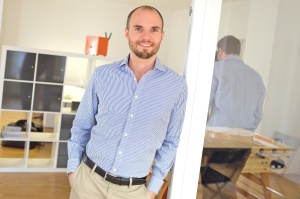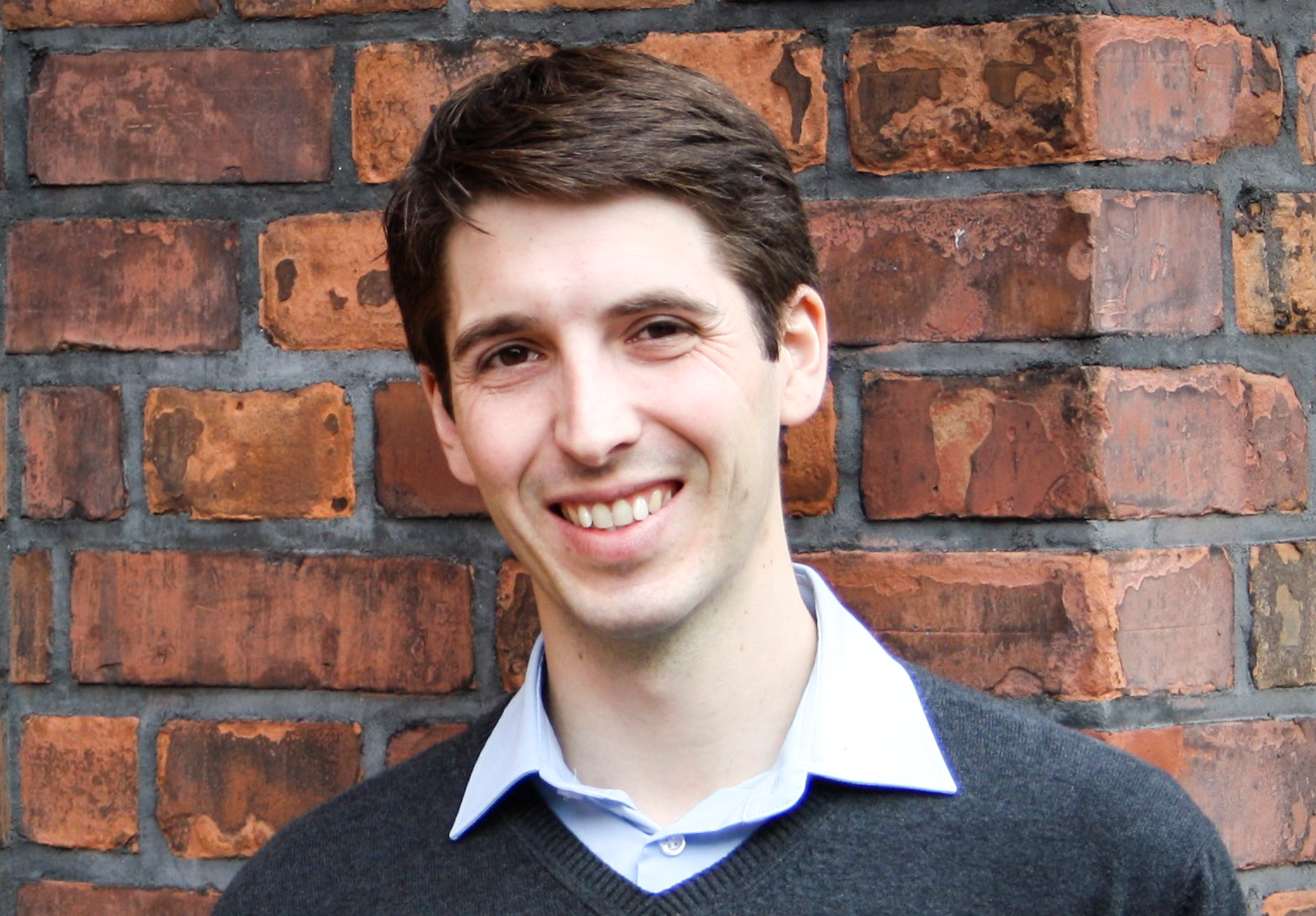![]() To support location-awareness independent of satellite navigation nanotron has created the swarm bee family of wireless modules. Modules are available with Chirp or UWB radio technology. All of them are sharing the common swarm API. The swarm product family targets the growing market for autonomous smart items and cuts time to market for location-aware products by 12 months. With swarm bee developers focus on application design. The talk describes the basic swarm bee module configuration and explains use cases and business applications.
To support location-awareness independent of satellite navigation nanotron has created the swarm bee family of wireless modules. Modules are available with Chirp or UWB radio technology. All of them are sharing the common swarm API. The swarm product family targets the growing market for autonomous smart items and cuts time to market for location-aware products by 12 months. With swarm bee developers focus on application design. The talk describes the basic swarm bee module configuration and explains use cases and business applications.
 Dr. Thomas Foerste, VP Marketing & Sales nanotron Technologies GmbH, Berlin (Germany) joined nanotron in 2008 from LSI. Previously senior sales and marketing positions with LSI, AT&T, Lucent Technologies and Agere Systems. Ph.D. in Semiconductor Devices from Technical University Dresden, Germany.
Dr. Thomas Foerste, VP Marketing & Sales nanotron Technologies GmbH, Berlin (Germany) joined nanotron in 2008 from LSI. Previously senior sales and marketing positions with LSI, AT&T, Lucent Technologies and Agere Systems. Ph.D. in Semiconductor Devices from Technical University Dresden, Germany.


 Location awareness is definitely one of the killer features of smartphones and it is a driver for innovation for many years now. And still building a high quality location based app is one of the most challenging tasks. This talk shares experiences in how to build a location-based mobile app fulfilling extraordinary demands in accuracy, reliability and power consumption at the same time. It will cover obstacles solved during 3 years of developing Familonet’s next-generation hyper accurate geofencing technology including some specifics of the location APIs of iOS and Android. In addition this talk will give an outlook for use-cases of location services and geofencing in particular.
Location awareness is definitely one of the killer features of smartphones and it is a driver for innovation for many years now. And still building a high quality location based app is one of the most challenging tasks. This talk shares experiences in how to build a location-based mobile app fulfilling extraordinary demands in accuracy, reliability and power consumption at the same time. It will cover obstacles solved during 3 years of developing Familonet’s next-generation hyper accurate geofencing technology including some specifics of the location APIs of iOS and Android. In addition this talk will give an outlook for use-cases of location services and geofencing in particular. David Nellessen is co-founder and CTO of Familonet, a Hamburg-based start-up which has developed a mobile app for secure communication within families. Born and grown up in Münster, he studied mathematics at Freiburg University, focusing on Quaternionic-Kähler Geometry. At that time, he ran an agency for web development. After graduating with a diploma degree in mathematics and economics, he looked for new business models for product development and, together with Hauke Windmüller and Michael Asshauer, co-founded Familonet, a start-up that now has over a million users worldwide.
David Nellessen is co-founder and CTO of Familonet, a Hamburg-based start-up which has developed a mobile app for secure communication within families. Born and grown up in Münster, he studied mathematics at Freiburg University, focusing on Quaternionic-Kähler Geometry. At that time, he ran an agency for web development. After graduating with a diploma degree in mathematics and economics, he looked for new business models for product development and, together with Hauke Windmüller and Michael Asshauer, co-founded Familonet, a start-up that now has over a million users worldwide.






